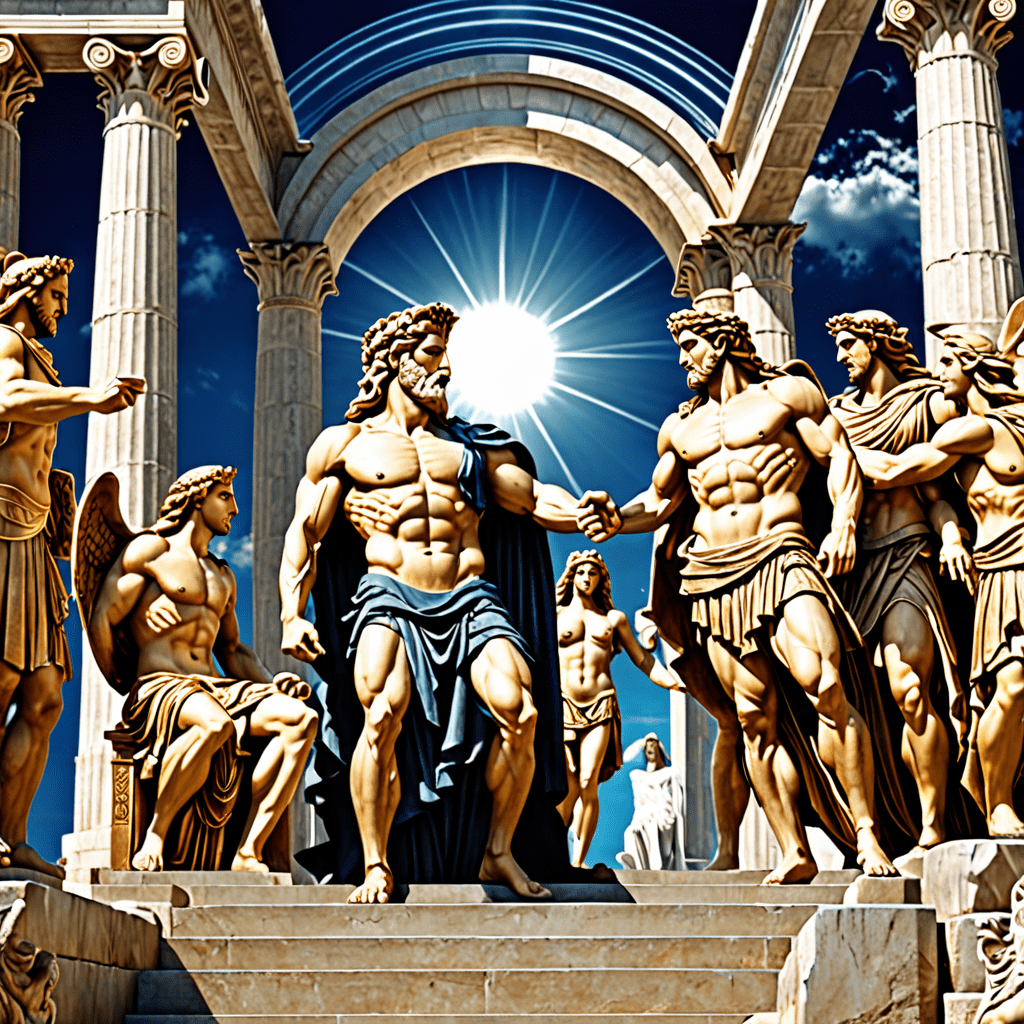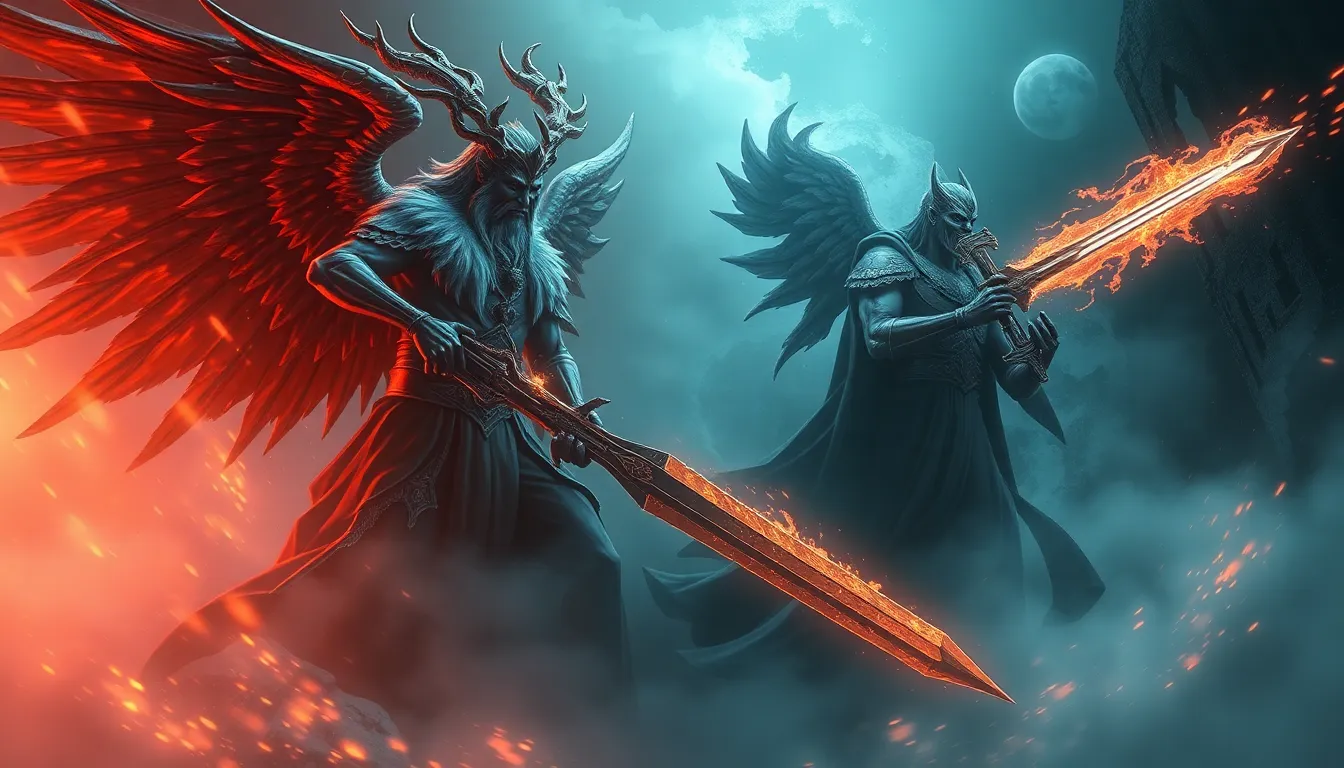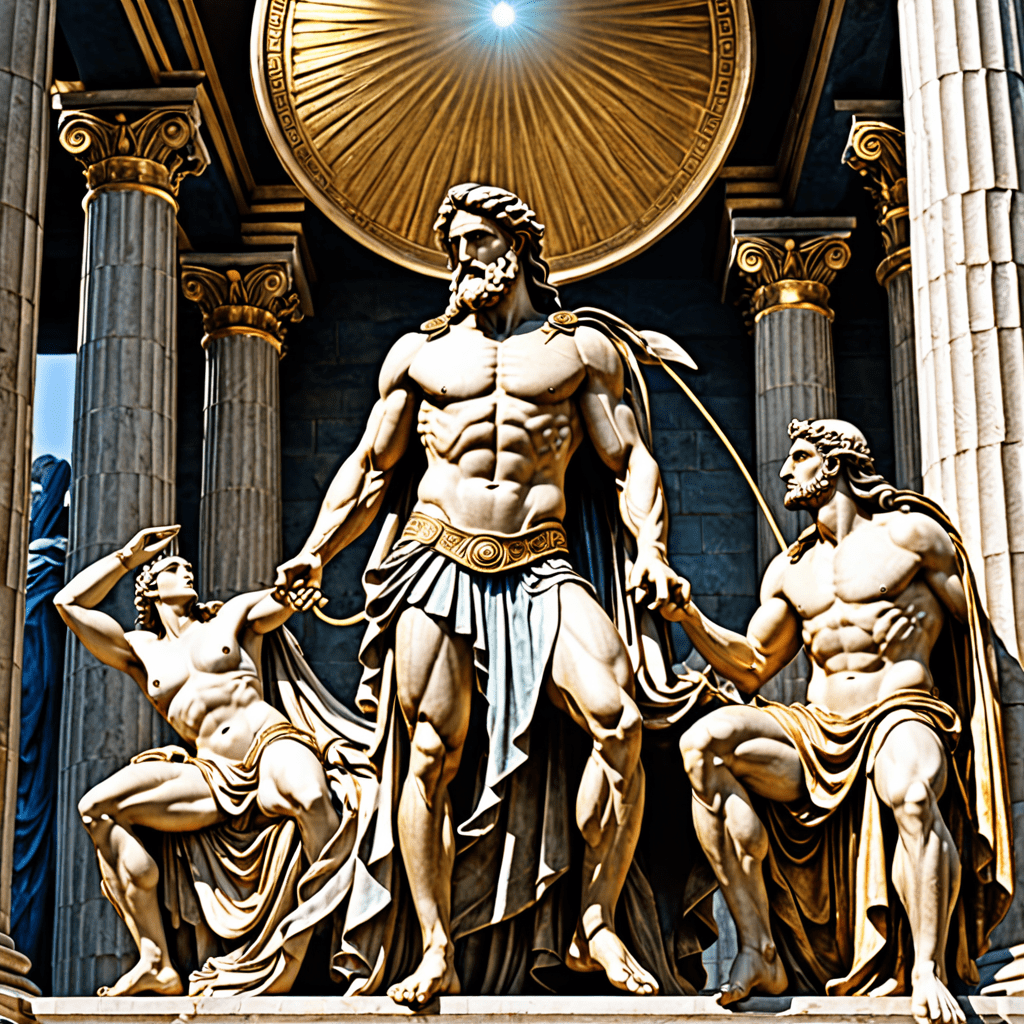Greek Mythology and the Concept of Prophecy
The Fascinating World of Greek Mythology
Greek mythology is a rich tapestry of stories that have captivated readers for centuries. At the core of these myths are gods, goddesses, heroes, and mystical creatures who shape the world. One significant aspect of Greek mythology is the concept of prophecy, where seers and oracles foretell future events.
Exploring the Role of Prophecy in Greek Mythology
Prophecy plays a crucial role in Greek mythology, influencing the decisions of gods and mortals alike. The most famous oracle in ancient Greece was the Oracle of Delphi, where the priestess Pythia channeled the wisdom of Apollo to offer cryptic prophecies. These prophecies often served as warnings or guidance to those seeking insight into their futures.
In Greek mythology, prophecies were not always straightforward and often carried tragic consequences. One prominent example is the prophecy foretelling the downfall of King Oedipus, who unknowingly fulfilled it, leading to his tragic fate. The concept of fate versus free will is a recurring theme in Greek mythology, with prophecies serving as a way to challenge the characters’ agency in shaping their destinies.
The Significance of Prophecy in Greek Culture
Prophecy held significant cultural importance in ancient Greece, shaping religious practices, political decisions, and even warfare. Kings and rulers would often consult oracles before making pivotal choices, believing that divine wisdom would guide them towards favorable outcomes. The concept of prophecy also instilled a sense of reverence for the mysterious forces that governed the universe, highlighting the interconnectedness between mortals and the divine.
Furthermore, prophecies in Greek mythology were not set in stone but subject to interpretation and manipulation. Characters often attempted to defy or fulfill prophecies, sparking intriguing narratives filled with suspense and tragedy. The intricate web of prophecies in Greek mythology showcased the intricate balance between fate and self-determination, adding depth and complexity to the stories passed down through generations.
Concluding Thoughts
In conclusion, the concept of prophecy in Greek mythology adds a layer of mystery and inevitability to the already captivating narratives of gods and heroes. Prophecies serve as powerful tools that drive characters towards their destinies, raising profound questions about fate, free will, and the role of the divine in shaping human lives. Understanding the role of prophecy in Greek mythology offers a glimpse into the ancient Greeks’ beliefs, fears, and hopes as they grappled with the mysteries of the unknown.
FAQ: Greek Mythology and the Concept of Prophecy
What is Greek Mythology?
Greek Mythology refers to a collection of myths and legends originating from ancient Greece. These stories involve gods, goddesses, heroes, and mythical creatures, providing explanations for natural phenomena, human behavior, and the origin of the world.
What is the significance of Prophecy in Greek Mythology?
Prophecy plays a vital role in Greek Mythology as it involves predictions of the future by individuals with a special connection to the divine. Oracles, such as the famous Oracle of Delphi, were consulted for guidance, leading to key events and decisions in mythological tales.
Who are some key figures associated with Prophecy in Greek Mythology?
Some notable figures linked to prophecy in Greek Mythology include the Oracle of Delphi, also known as the Pythia, who served Apollo; Cassandra, cursed to foresee the future but never believed; and the blind prophet Tiresias, renowned for his accurate visions.
How did Prophecy influence the outcomes of stories in Greek Mythology?
Prophecies in Greek Mythology often drove characters to take specific actions or make choices in fear of a foretold fate. Attempts to avoid a prophecy could ironically lead to its fulfillment, showcasing the complex interplay between free will and destiny in these mythical narratives.



